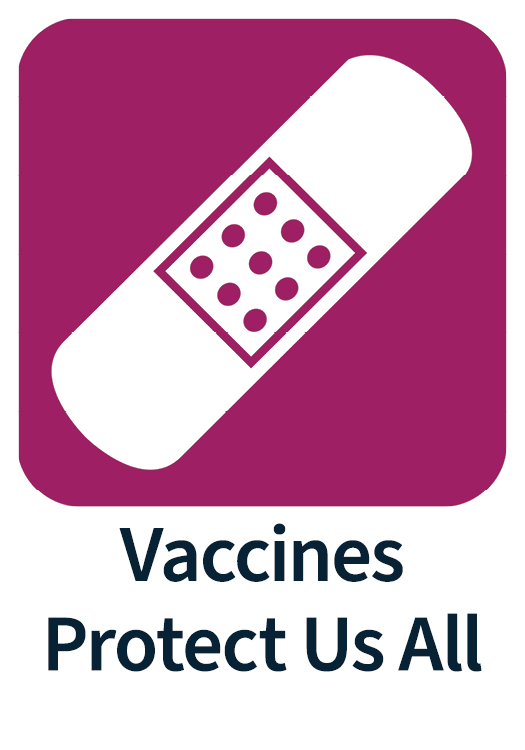NYS Documentation of Isolation Orders Affirmation of Isolation for adults and children who have tested positive for COVID-19 and have been in isolation consistent with NYSDOH guidance. Click here for a fill-in PDF form.

Get local updates from the Tompkins County Health Department regarding COVID-19 and vaccine distribution in our community
- Sign Up for Health Department COVID-19 Related Updates.
- Sign up with Tompkins County SIREN for automated SMS text and robocall alerts. Add the Tompkins County subscription.
NYS COVID-19 Vaccination Hotline: Open 7AM - 10PM, 7 days a week, for scheduling vaccination appointments for eligible New Yorkers: 1-833-NYS-4-VAX (1-833-697-4829).
NYS Vaccination Tracker: ny.gov/vaccinetracker
If you have questions about vaccinations or need assistance registering for an appointment, call 2-1-1 (877-211-8667).

